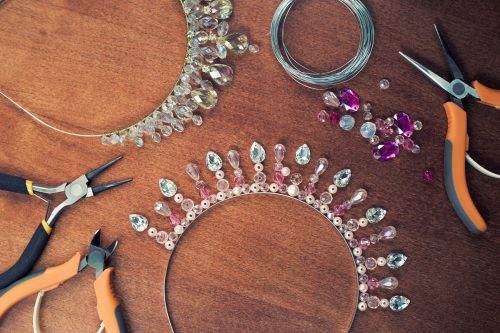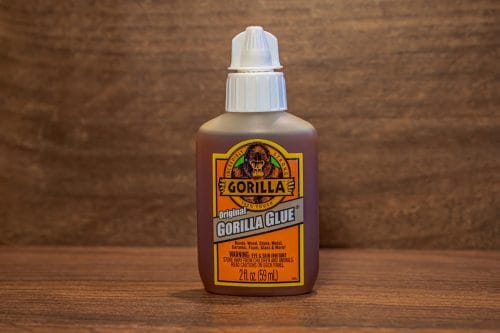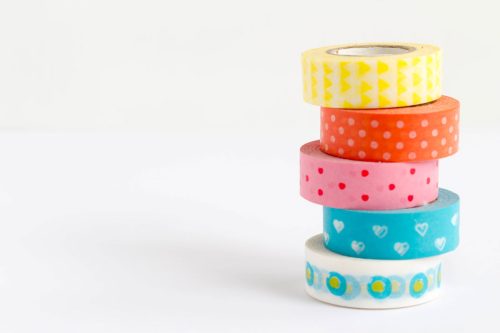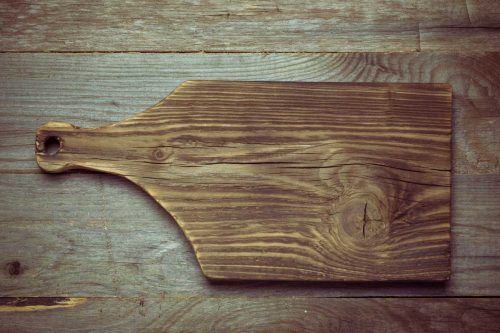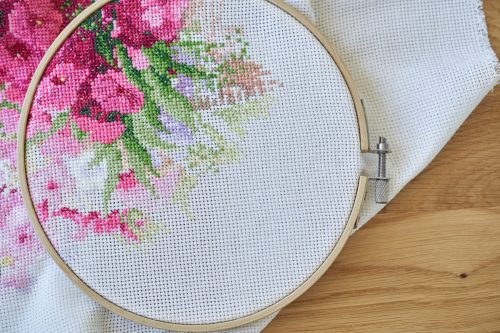Craft lovers enjoy molding and creating fantastic items using resin. However, you may wonder whether you can use a polymer clay mold for casting resin. We researched molds used for resin and if polymer clay molds would suffice, and here's what you need to know:
Polymer clay molds aren't typically used for casting resin and may be tricky to use. You can try casting resin in raw, unbaked polymer clay as a mold. On release, you may end up with rough-looking resin.
Because r esin is designed to fill spaces in a mold, a raw polymer clay mold would pass on any and all imperfections. Additionally, raw polymer clay molds may break when trying to release the resin.
If you still have some additional questions, don't worry. In this post, we'll discuss the topic in greater detail. Keep reading to learn more about using resin for craft projects, crafting molds out of polymer clay, and alternative mold ideas.
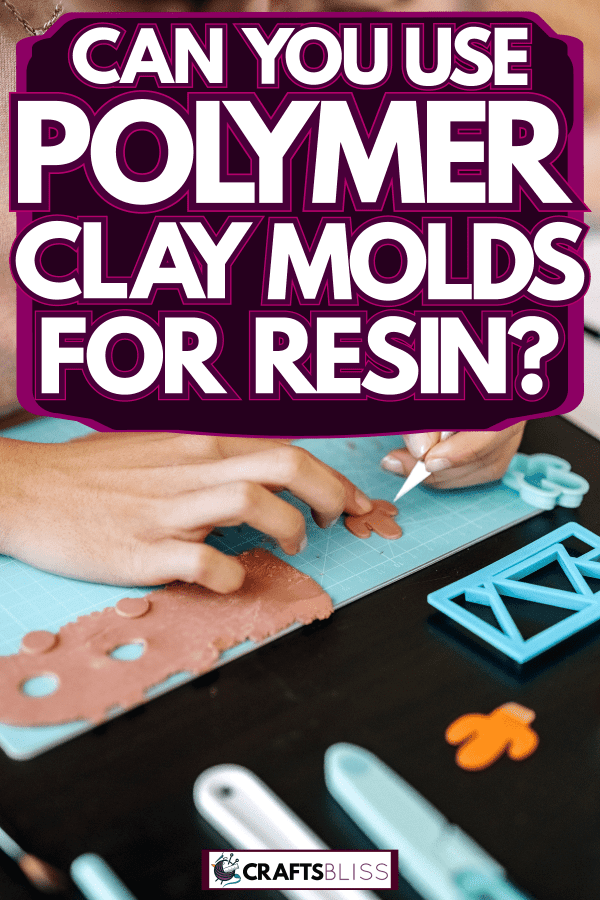
Molds For Resin
Resin is a handy product for creating nifty craft items, from sealing cured polymer pieces with a glossy finish to applications on charms and jewelry. However, if you want to create a unique item with resin, you may need a mold.
There is speculation as to whether polymer clay can be used as a mold for resin, especially if is unbaked and malleable. But because resin may react to uncured plasticizers and their unique properties, there are more fitting options.
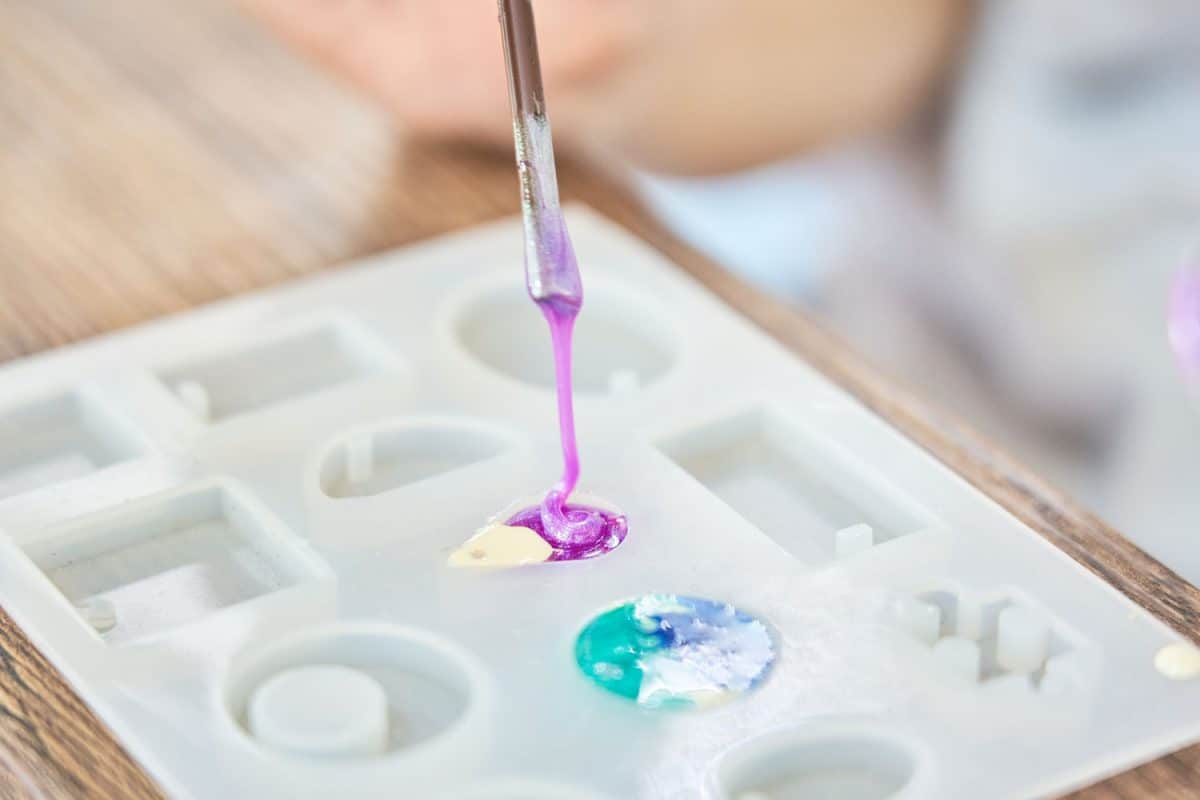
Resin is designed to adhere and cure on baked polymer clay, wood and metal charms, and other substances. Craft enthusiasts love applying resin to projects to increase durability, water resistance, and create a protective seal.
Instead of experimenting with using unbaked polymer clay or baked polymer clay as a mold for resin, use molds designed for resin or a safe alternative. If you are interested in using clay, you can try using a few different options.
How to Cast Resin
It is possible to use unbaked polymer clay as a resin mold. But imperfections or spaces in a polymer clay mold where resin can fill in the cracks or gaps will lead to an unclean finish. There is also the risk of breaking the mold on release.
Play-Doh, using a simple flour-based homemade dough, or a sulfur-free clay might work as a soft mold to cast resin. However, if you want a clean finish that isn't rough, cloudy, or full of bubbles, consider using better materials.
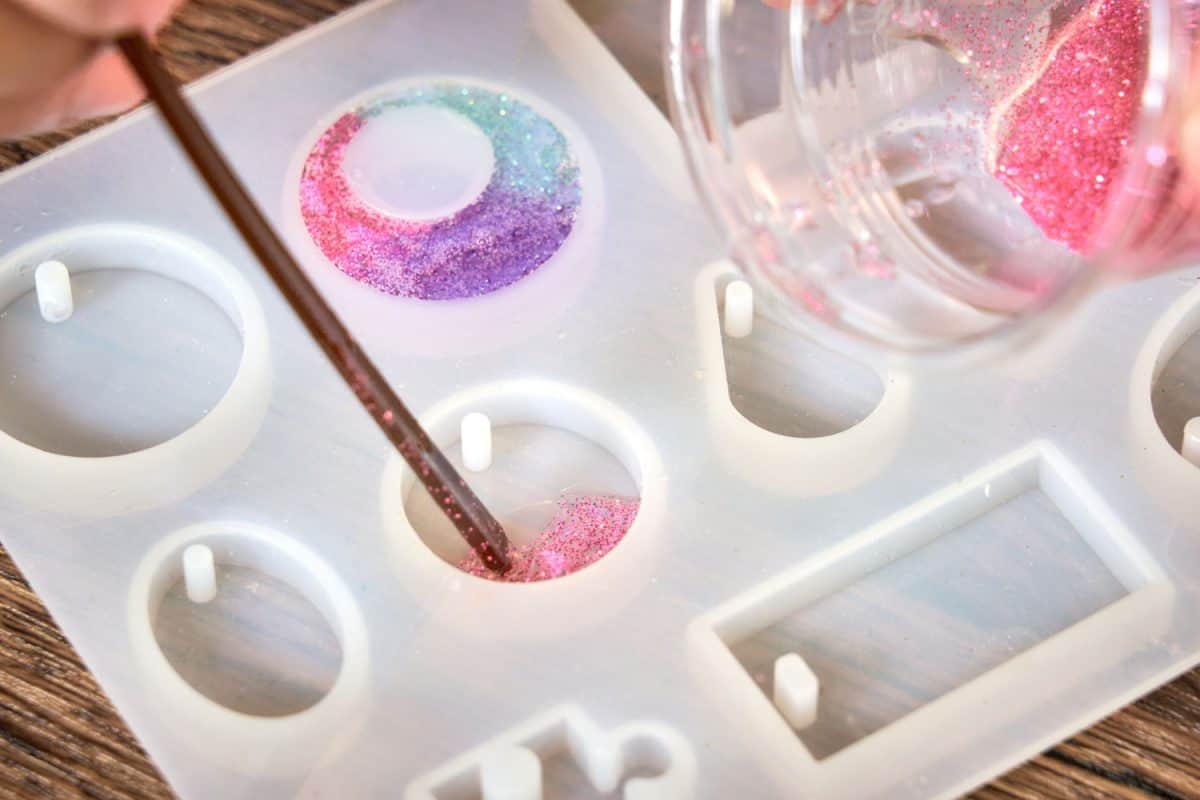
Silicone molds are ideal for casting resin. However, you can use molds made from wood, paraffin wax, or plaster too. Depending on the mold, you may not need to add a substance to aid with the release of your resin craft.
Keep in mind, using a commercial mold release or an alternative like vegetable oil or petroleum jelly makes releasing resin easier. Be careful with your choice of a mold for resin, as inflexible items may be difficult releasing the substance.
Troubleshooting Crafts
Resin is typically used to strengthen and seal polymer clay crafts and similar projects. However, when used beyond its intended use, resin may be challenging to work with and cure. It is best to apply resin to baked, cured polymer clay.
When a layer of resin cures, it should create a glossy coat on polymer clay and other objects. Multiple applications of resin may need to be applied to prevent bubbles and end up with a polished finish.
Because of the plasticizers within polymer clay, unbaked clay should not be coated with resin, as it may cause an undesired result. Ensure to follow the manufacturer's instructions on any epoxy resin or craft resin for your project.
When working with resin, use a clean brush for application and wear gloves. Give the resin enough time to cure. Watch out for resin that becomes yellow, cures cloudy, or is tacky to the touch.
Does Resin Stick To Uncured Polymer Clay?
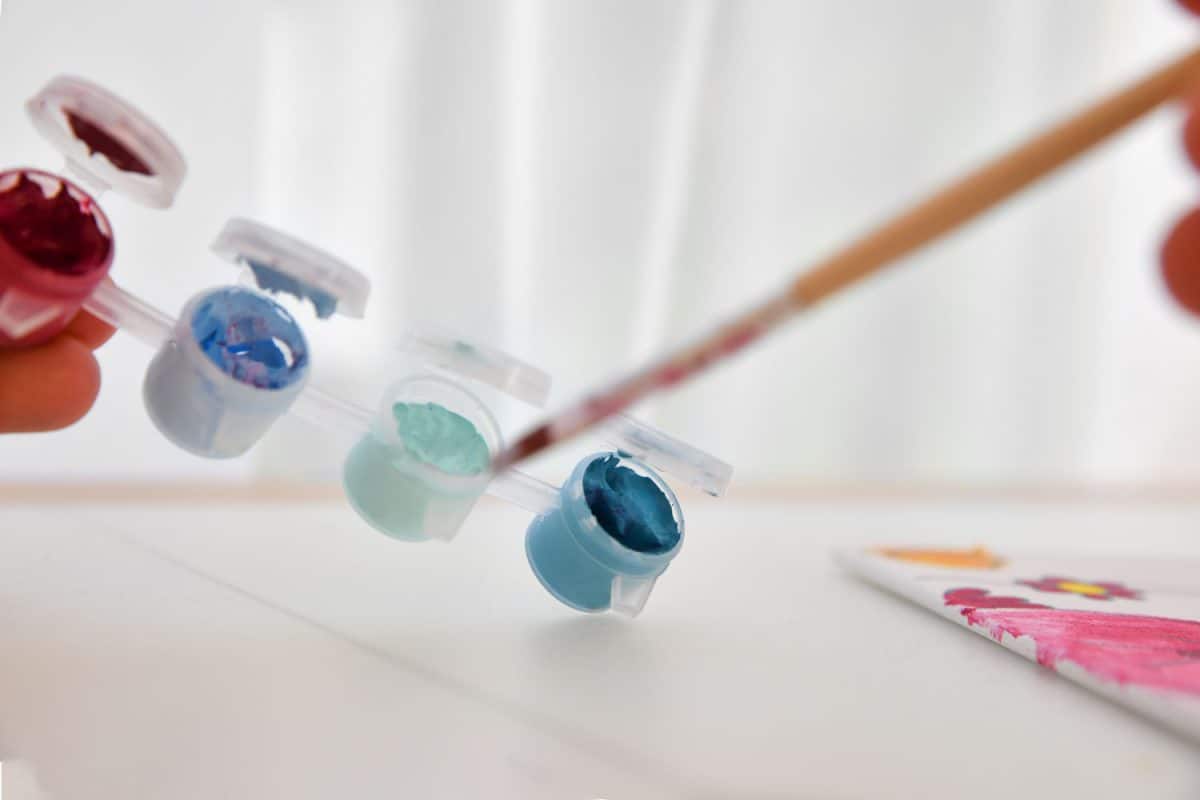
If you use a resin that you trust and are familiar with, it still may stick in some areas to uncured polymer clay. One reason it is not ideal to use polymer clay as a mold for resin is that the resin finish will take on any imperfections.
Any cracks, rough areas, or gaps will show themselves in resin after it cures and is released from an unbaked polymer clay mold. You may have better luck using a mold made from silicone, thin plastic, wood, wax, or clay.
With any mold, there is the chance that resin may stick if you do not apply a coating of a release agent. If you do not apply a commercial release agent on your polymer clay or an alternative like mineral oil, the resin may get stuck.
It is better to use resin with cured polymer clay, as even UV resin or epoxy resin for crafts is not likely to have any adverse reaction. If you wish to use uncured polymer clay with resin, you will have to deal with trial and error results.
Check out this polymer clay set on Amazon.
Can You Cast Resin In Polymer Clay?
You won't want to cast resin in polymer clay, especially if is uncured and still in a malleable, raw form. Even cured polymer clay may become brittle or break down after using it to cast resin, or the resin may stick to the substance.
It is better to use another substance to cast resin, such as silicone, wood, clay, or wax. Of course, you should use a release agent to prevent the resin from hardening and sticking to the mold in which it is cast.
Be cautious with plasticizers in polymer clay, as this and other agents can cause resin, varnishes, glue, and even some paints to degrade. You may think to use a layer of plastic between polymer clay and resin, but the results are sketchy.
Resin was designed to be applied to cured polymer clay and other items to create a glossy seal, a protective coat, or increase durability and water resistance. The plasticizers in polymer may soften resin and lead to a poor craft project.
Check out this epoxy resin for crafts on Amazon.
What Can I Use As A Resin Mold?
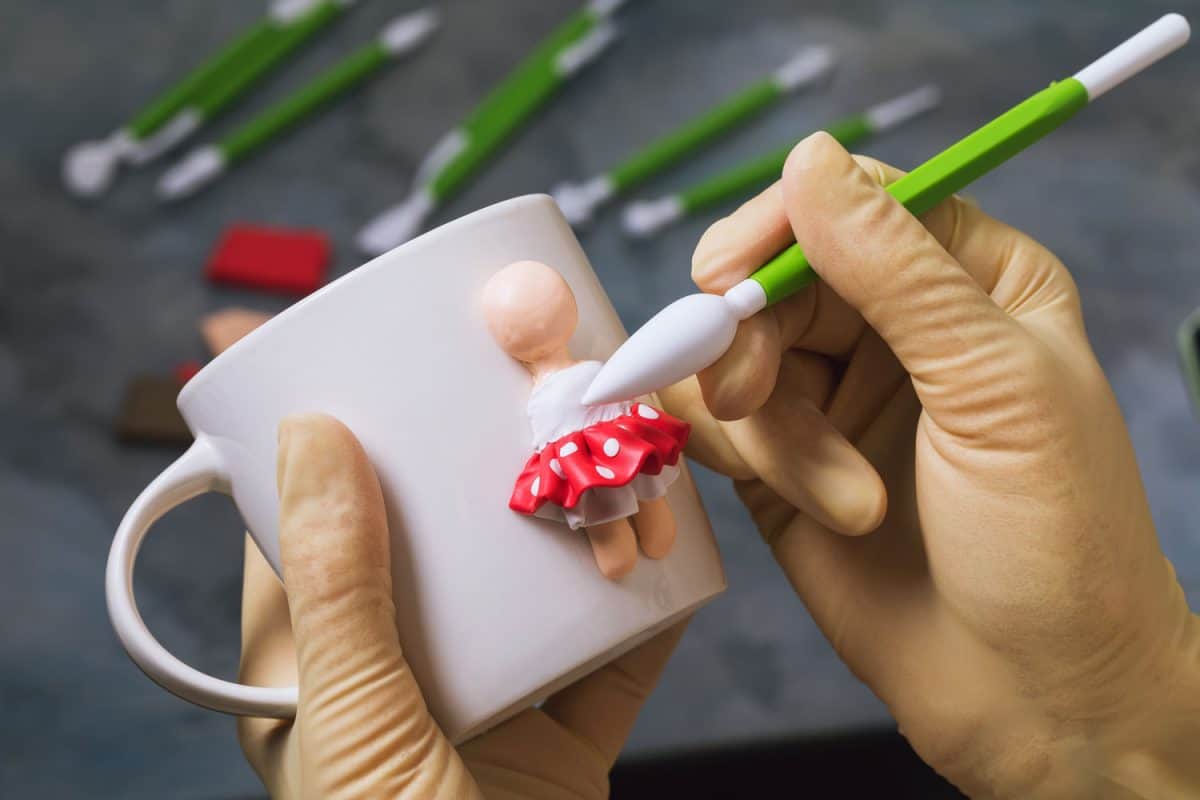
You don't have to settle for an official resin mold made from silicone that may or may not need a release agent. Try using molds made from paraffin wax, glass, wood, rubber, or even flexible metal to cast resin for your next craft.
Depending on the type of mold you use, it is best to coat the inside of the mold with a release agent before pouring the resin. Take care when removing your resin piece from the mold to prevent scuffs, a rough finish, or bubbles.
Keep in mind, certain resin products can have an undesired reaction to plasticizers and other active substances. Use resin from trusted manufacturers, follow proper use and instructions, and give resin enough time to cure.
How To Make Resin Molds At Home
Get crafty and try your hand at making your own resin molds at home using common household items or inexpensive materials. You can try using an ice cube tray as a resin mold and apply a release or carve out a mold from silicone.
Other items to make a homemade resin mold include using liquid latex rubber, wood, natural shells, wax, or clay. Certain items used as resin molds may break or degrade after each use. Resin can stick to materials, so be careful.
Make sure to work in a clean space, wear gloves, and work carefully to create your desired resin molds. There may be a learning curve and trial and error involved to figure out how to get the best results with your homemade mold.
Check out this video to learn more about how to make resin molds. Aside from the popular choice of silicone as a resin mold, there are other materials that will help you create an amazing craft project. Don't forget to apply a mold release.
In Closing
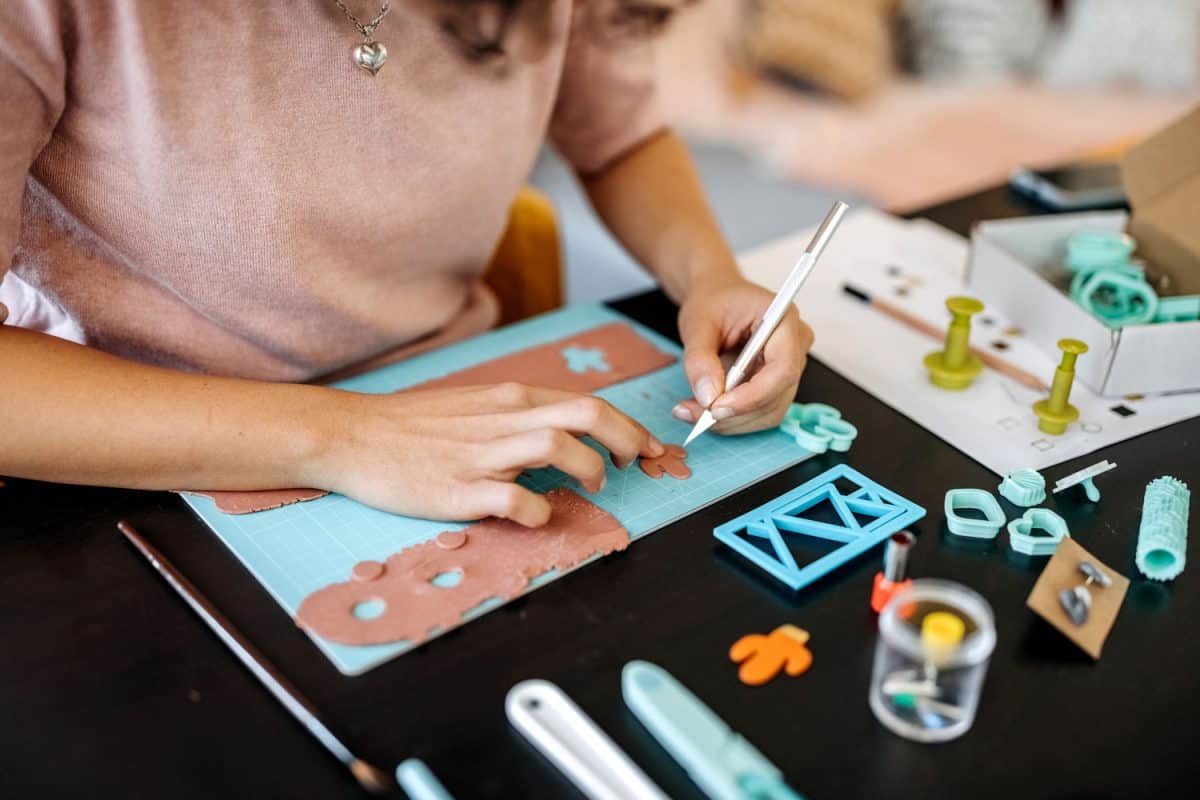
We hope after reading this article that you discovered some helpful information regarding resin, polymer clay, and crafting projects with molds. Polymer clay molds are not designed for casting resin projects and can be tricky to use.
Depending on the type of resin you use for your craft project, it is important to apply it correctly. If you don't have the right type of mold to cast resin, choose safe alternative materials that will allow you to release your project with ease.
Before you go, be sure to check out these other guides:



